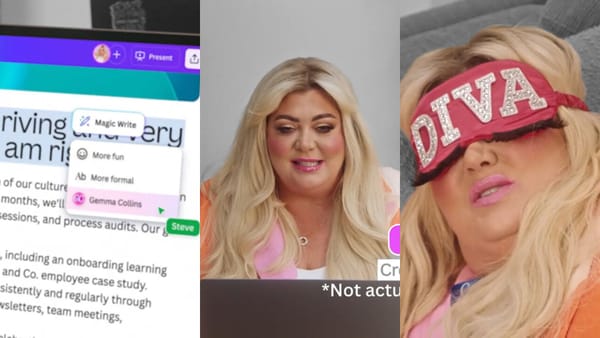According to The Guardian, Roberts argued that she was entitled to be paid for the posts she later hid. The Melbourne cafe uses influencers to advertise and attract customers, so Roberts was hired to promote the cafe.
Roberts is a gym and fitness ambassador and is often pictured with food, exercising or on the beach and can earn $1,200 per sponsored post. The cafe’s owner Con Katsogiannis thought that her followers would, therefore, think the cafe was a “cool place to go.”
Katsogiannis agreed to increase the influencer’s pay from $200 to $300 per post following a jump in the number of followers she had. However, things went downhill when they both met to settle his outstanding debt of $2,250.
VCAT deputy president detailed what happened. When Katsogiannis tried to add up the number of posts the influencer had published, he found them not to be there, so felt Roberts was “seeking payment for nothing.”
Her response was that she archived the posts, which made them invisible but could be re-posted and retrieved, arguing that most of her post views happen in the first week and users can be put off by accounts with “too many old posts.” The cafe owner believed the posts should have remained “until the client expressly agrees that the image is archived.”
“New images are viewed more than old images”
Earlier this week, the VCAT deputy president reached the conclusion that “in a general sense”, Katsogiannis didn’t lose value when the old posts were archived. However, he couldn’t decide if the influencer was permitted to delete posts at any time, so, therefore, ruled that the cafe owner pay the influencer two-thirds of the sum she desired in addition to her filing fees.When an influencer-brand partnership goes wrong
Although most engagement is highest during the first two days of a post being published, followers do still revisit posts or new followers scroll through the feeds. “This latest debate asks questions around who owns the content ultimately paid for by advertisers but created by influencers. The simple answer is that these conundrums should be answered by the details of any contracts drawn up between brands and internet personalities. After all, brands need to ensure some rules safeguard their public identity from content that is either too materialistic or misrepresents real-life,” said Sophie Light-Wilkinson, VP of marketing EMEA at Bazaarvoice.Should there be a timeframe an influencer should keep the post live for? If the influencer does delete it and it wasn’t agreed contractually, then they are not in breach of any regulations.“However, if we explore the relationships between brands and influencers further, we also see that it’s the quantity of posts that is becoming an issue. Research found 49% of UK consumers now expect new content on a daily basis from the influencers they follow. If all of this is sponsored content then it becomes very hard for influencers to appear authentic and unbiased,” continued Light-Wilkinson.








